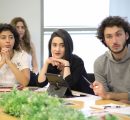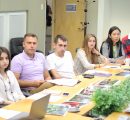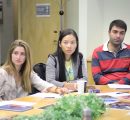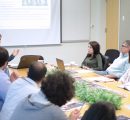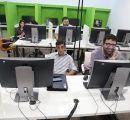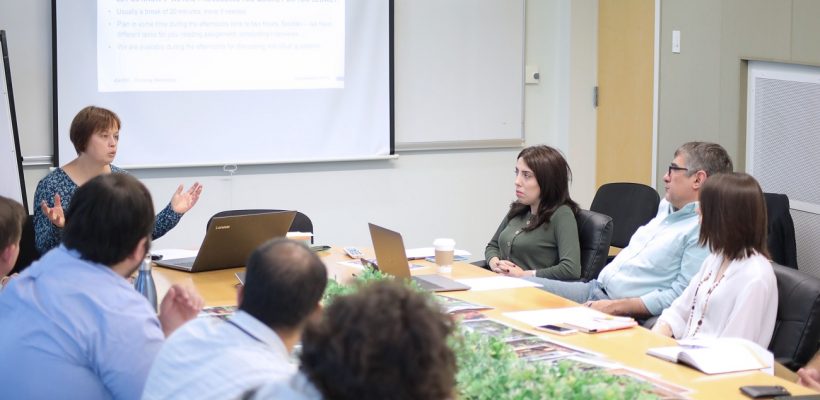
GAtES Training on Ecosystem Services and PPGIS Held at AUA
2 min readYEREVAN, Armenia ‒ The American University of Armenia’s (AUA) Acopian Center for the Environment and the University of Hohenheim (UHOH) organized a training on Public Participation GIS for Ecosystem Services within the framework of the GAtES Project. This Project is supported by DAAD, the German Academic Exchange Service, with funding from the German Federal Ministry of Economic Cooperation and Development (BMZ). The training was held at AUA on September 24-28, 2018.
Seventeen participants from academic institutions and international organizations — including AUA faculty and staff, National Academy of Sciences researchers, Agribusiness Teaching Center faculty and GIZ GIS and biodiversity experts — took part in this five-day training.
The first part of the training, led by UHOH Professor Claudia Bieling, focused on Ecosystem Services. The aim was to develop a critical understanding of the concept of ecosystem services, its relevance and application in landscape management, including payment schemes for ecosystem services. This part of the training also provided an overview of the requirements, challenges and ways of moving forward with assessing ecosystem services.
The second part of the training, led by Dr. Maria Garcia-Martin of UHOH, introduced the tools and uses of GIS for for Public Participation GIS (PPGIS), including interviewing and analysis techniques using PPGIS.
The lectures were supplemented by practical work on creating and conducting PPGIS surveys, data preparation and visualization, spatial and non-spatial analysis, and interpretation of results interpretation.
For more information on the GAtES project, please visit here.
The AUA Acopian Center for the Environment, a research center of the American University of Armenia, promotes the protection and restoration of the natural environment through research, education, and community outreach. AUA Acopian Center’s focus areas include sustainable natural resource management, biodiversity and conservation, greening the built environment, clean energy, and energy efficiency, as well as information technology and the environment.




